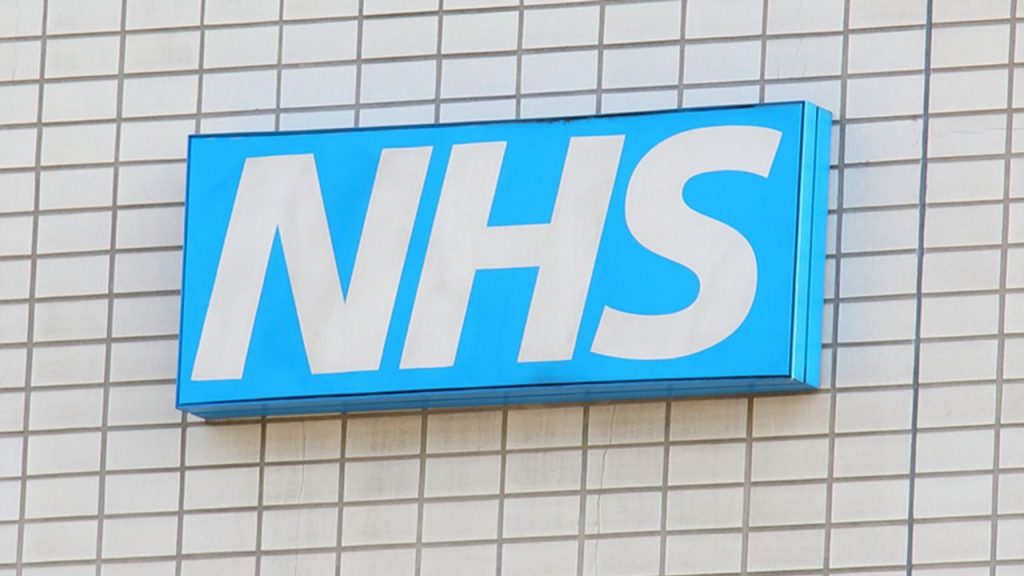For the first time, children in England will receive the chickenpox vaccine on the NHS, as part of a new combined jab also protecting against measles, mumps, and rubella.
Starting in January, the chickenpox vaccine also known as the varicella jab will be included in a new MMRV vaccine given to toddlers during routine GP visits. This will replace the current MMR (measles, mumps, rubella) jab, typically administered at 12 and 18 months.
This marks the first addition to the routine childhood vaccination programme in over a decade and brings the UK in line with countries like the US, Canada, Australia, and Germany, where the chickenpox vaccine is already standard.
Although the full rollout strategy is still being finalised, older children, including those in primary school, are expected to be offered the jab in later phases. However, there are no plans to offer the vaccine to adults on the NHS.
The move comes as uptake of childhood vaccinations across England hits record lows. Just 83.7% of five-year-olds received both doses of the MMR vaccine in 2024/25, the lowest level since 2009/10 and none of the main childhood vaccines met the 95% target.
The chickenpox vaccine is currently only available privately at a cost of around £150. Under the new plan, it will be free on the NHS as part of the routine childhood schedule.
Chickenpox is usually a mild illness, causing a spotty, itchy rash and mild flu-like symptoms. Most children recover within a week or two. But in some cases, it can lead to serious complications, including bacterial infections, pneumonia, brain inflammation, and in very rare instances, death.
Dr Gayatri Amirthalingam from the UK Health Security Agency said “Most parents consider chickenpox to be a mild illness, but it can be very serious for some children and adults. Introducing this vaccine into the NHS routine childhood programme will prevent unnecessary illness and, in severe cases, could save lives.”
The Department of Health and Social Care estimates the vaccine will save the NHS around £15 million a year in treatment costs and prevent £24 million in lost productivity due to parents taking time off work when children are sick.
The Health minister, Stephen Kinnock said the vaccine would help keep children in nurseries and classrooms, reduce pressure on working families, and offer vital protection against potential complications. “We’re giving parents the power to protect their children from chickenpox and its serious complications, while helping them stay in school or nursery and keeping parents from missing work.
Amanda Doyle, national director for primary care at NHS England, confirmed the rollout will begin early next year, with GP practices and local vaccination teams preparing to administer the new MMRV jab. “This is a hugely positive moment for families. The addition of the chickenpox vaccine strengthens our routine childhood immunisation programme and will protect hundreds of thousands of children each year.”
The Joint Committee on Vaccination and Immunisation (JCVI), which advises the government, recommended the rollout in November 2023 after reviewing the vaccine’s safety and effectiveness.
While speaking, Professor Helen Bedford, a children’s health expert at UCL, welcomed the move “Although chickenpox is usually mild, it can be serious, especially for babies, pregnant women, and people with weakened immune systems. Parents can be reassured the vaccine has been used safely and effectively for 30 years in the US.”
The new programme is expected to protect around 500,000 children annually and marks a major step forward in the UK’s public health efforts.
Read also: NHS to give cancer vaccines to aggressive head, neck patients



